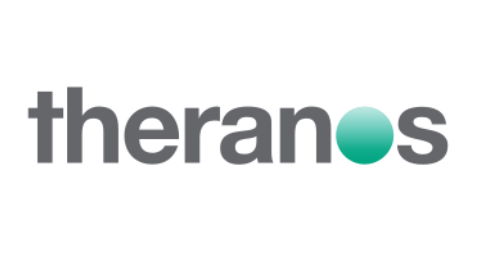
“An Important Reminder Regarding the Scope of the Attorney-Client Privilege in the Corporate Setting” —
- “Earlier this year, a federal judge in the Northern District of California ordered Elizabeth Holmes (“Holmes”), the founder and former CEO of now-defunct Theranos, Inc. (“Theranos”), to disclose communications between herself and attorneys at Boies Schiller Flexner LLP (“BSF”). Holmes objected to the court’s order, arguing that because BSF had represented her in her individual capacity, the communications were subject to her personal attorney-client privilege. Unpersuaded, the court held that the communications were subject only to Theranos’ corporate privilege, which had already been waived by the Theranos receiver.”
- “The court placed the blame squarely on Holmes’ shoulders for failing to show she “made it clear that she was seeking legal advice in her personal capacity.”1 The issue is a bit more complex, however, as the scope of the relationship with BSF blurred over their years of representing Holmes and Theranos. Holmes’ dispute thus serves as a critical reminder to ensure corporate clients and their employees fully understand and appropriately document the scope of the attorney-client privilege.”
- “However, before retaining a law firm to simultaneously represent a company and its employees, in-house counsel must also consider the risks associated with joint representations. The foremost risk is that the parties’ interests will diverge, potentially giving rise to a conflict of interest between the company and its employees.”
- “In the event a conflict of interest arises, the law firm may be required to withdraw from representing either the company or its employees in the midst of litigation.”
- “If the company wants to enter into a joint representation with an employee, the engagement letter should make clear that the company and its employees are represented by the same counsel. The letter should also document that the company is the primary client, and that in the event the company’s interests diverge from one or more of its jointly represented employees, counsel is entitled withdraw from its representation of the conflicted employees and continue to represent the company. Finally, the employee should be advised, both orally and in the engagement letter, that he or she may wish to obtain independent advice about whether to enter into a joint representation.”
